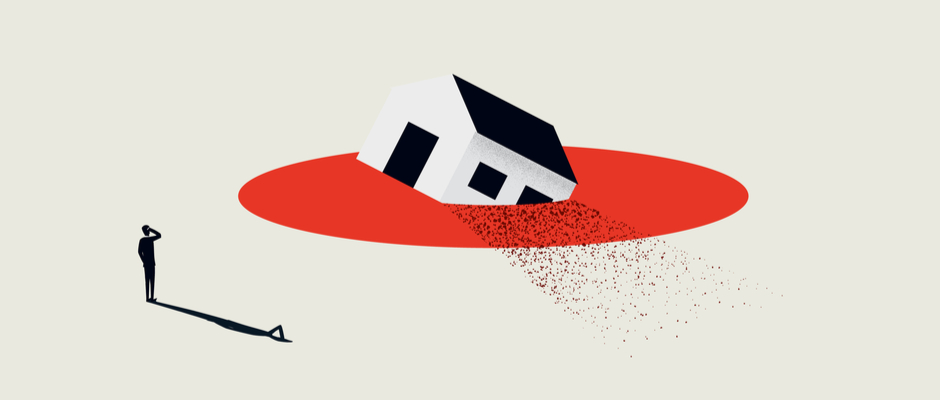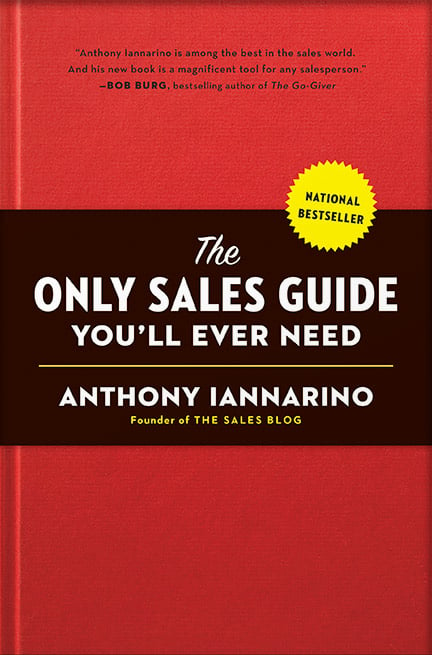The Gist:
- The last three major recessions were not caused by the normal boom and bust cycle.
- Two out of three were caused by market actors and the third was a pandemic.
- The complexity of the environment seems to be resulting in fewer, deeper busts.
There is a continuing economic trend that has gone largely unnoticed. It isn’t being discussed in the news, including the cable news shows that focus on business and the markets. It hasn’t generated books, magazine articles, or even blog posts. It isn’t the topic of dinner parties or small gatherings of people, as economic theories are mostly interesting to the least interesting people. But when there hasn’t been a natural boom and bust economic cycle for at least twenty years, you’d expect it would get some attention.
In 2001, the internet was still exploding. With it came a brand new marketplace, and entrepreneurs worked rapidly to set up shop in cyberspace. As you would expect, money follows attention, and the internet and the nascent e-commerce created a gravitational pull that acted like a tractor beam for investments.
In those early days, the excitement of getting in on the ground floor caused people to throw out any and all the fundamentals they might normally use to value a business. Instead of targeting profitability (or even a path to profitability), investments went to companies that were able to get attention and web traffic. A good number of companies ended up on the stock exchange and in a lot of portfolios.
The 2008 downturn in the economy was caused by the internet bubble bursting. On September 17, 2008, Lehman Brothers announced it lost $785 million dollars in commercial paper, and they weren’t talking about Dunder Mifflin. You have to know a little about money to understand the significance of their announcement. Commercial paper is a security that big companies use to meet short-term debts. There is no real collateral, and it is backed by a bank or a company’s promise to pay it back by a certain date. Basically, the loan is unsecured.

In a complex set of circumstances, a large number of banks started to engage in hedge fund trading, using derivatives. Many of the derivatives were made up of home mortgages. The housing market was on fire, and banks lent money to people who could not afford the house they were buying. In some cases, these loans were called NINJA loans (no income, no job, no assets). By September 2008, housing prices had declined by 20%. The banks asked for more mortgages for their derivatives when many people found out their house was worth less than they owed the bank. The downturn here was not part of a normal boom and bust cycle. It was man-made, and it took six years for the labor market to recover.
In late 2019, a pandemic broke out in Wuhan, China. Like all viruses, that coronavirus, called COVID-19 after the year in which it was discovered, found its way to Europe, the United States, and then the rest of the world. The world, however, was poorly prepared for an event of this magnitude. By 2020, the virus covered the Earth.
The government’s response was an attempt to slow the spread by sequestering people in their homes for weeks or months at a time, while simultaneously shutting down “non-essential” businesses. Shutting down the businesses caused tremendous economic destruction by eliminating activity and forcing as many as 40 million people in the United States into the unemployment line. Whatever your political views about the virus or the response, it is a fact that the US economy shrank by over 30% in a single quarter.
This was not a natural boom and bust cycle. It was a response to a disaster, one that may have its own cycle.
A recession is defined as two down quarters. The normal cycle starts with an expansion, reaches its peak, contracts, and then ends with a trough before starting over. The average length of the boom and bust cycle, since 1854, has been 38.7 months in expansion and 17.5 months in contraction. We have had 33 of these cycles in that time, averaging 56 months each.


Complexity Theory
Scott Page, the Leonid Hurwicz Collegiate Professor of Political Science, Complex Systems, and Economics at the University of Michigan, defines complexity this way: “When we describe something as complex, we mean that it consists of interdependent, diverse entities, and we assume that those entities adapt—that they respond to their local and global environments.”
Our world and our economies have never been as interdependent as they are now. There has never been more diversity in the types of companies or models used to create and deliver value. Different companies respond in different ways: some find opportunity, while others retreat to what they believe to be a safer, if more conservative, choice.


Why You Have to Sell Differently
Decision-making: One of the outcomes of living, surviving, and potentially thriving in a world of increasing complexity is the need to make good decisions. It is difficult to make a good decision when faced with uncertainty, even though that is exactly what is required. The reason many of your contacts decide to keep the status quo is because they lack the confidence to act when the future is unknown.
The Consensus Sale: When you want to be certain, you check your thinking against others’ thoughts, ideas, and opinions. In 2001, consensus was rarely (if ever) talked about when it came to sales. Now, leaders want to ensure consensus around the decisions they take and certainty that their teams will execute.
Certainty: Because these disruptive events cause failures, you end up with things like service-level agreements (SLAs) and guarantees. But before those things come into play, you have to create the certainty that it is safer to change (adapt) than to maintain the status quo, that your new solution is better than retaining the existing one, and that you can be counted on to deliver on your promises.
Do Good Work:
- How do you help your prospective clients make sense of their increasingly complex environment?
- What do you do to help your clients make good decisions around their business and their future?
- How do you provide your clients with the certainty they need to act in this environment?

Essential Reading!
Get my first book: The Only Sale Guide You'll Ever Need
"The USA Today bestseller by the star sales speaker and author of The Sales Blog that reveals how all salespeople can attain huge sales success through strategies backed by extensive research and experience."
Buy Now







.jpg?width=768&height=994&name=salescall-planner-ebook-v3-1-cover%20(1).jpg)


